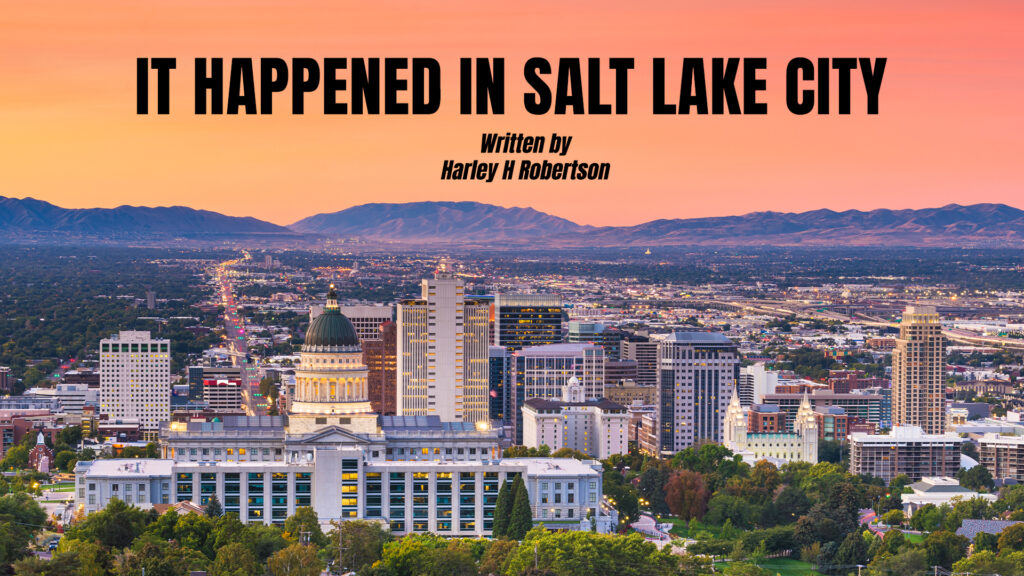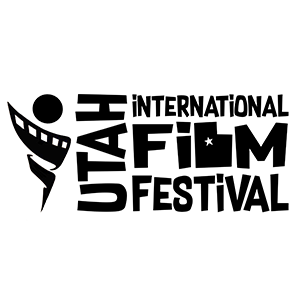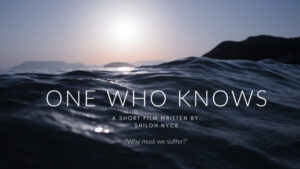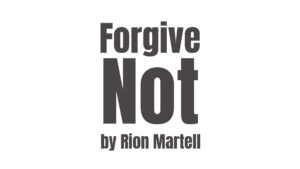It Happened In Salt Lake City

“It Happened in Salt Lake City” makes its protagonist, Frank, out to be very naïve and inexperienced. The poor man can’t even figure out his sexuality. Or his ringtone. The good news is that his naivete reads as endearing and creates the interesting experience of letting a sixty-year-old man participate in a *ahem* coming out of his shell arc usually reserved for much younger characters.
When Frank sets out to pursue Harry, I was worried that the script was asking us to invest emotionally into a really good make-out session, and I was going to make a note about how Frank would be better served learning to chase a relationship based on something more substantive. I was relieved when I realized, about halfway through, that Frank was going to have to learn that when the script started signaling that Frank was going to end up with Miles after all.
It’s around this time that Miles becomes the most interesting character as his internal contradictions reveal themselves, and he does the most to keep this script from falling into conventions or stereotypes. Miles’ predisposition to spontaneous musical expression is one of the script’s most endearing features and absolutely must make it to the final draft.
The screenplay seems to work from the assumption that there are no straight men, only closeted gay men forcing themselves into heterosexual union. The reveal works the first few times, but by the time we found out that Jack was also gay, I started wondering if this script knew any other tricks. And then they went ahead and made Sam gay too.
The screenplay’s most consistent issue is the dialogue which occasionally feels expository or clunky, often leading with the plot or character information it wants to communicate at the expense of the human voice. On page 110, for example, Sam talks about Carole and Mattin “being sexually active” when any normal person would say they are “having sex” or even just “trying to have a baby.” This is how people write, this isn’t necessarily how people talk.
After Frank starts to turn his attention to Miles, roughly 90 pages in, the story starts losing momentum. For most of the screenplay I’m assuming that Frank’s culminating moment would be realizing he wants to be with Miles, and once that’s happened, I’m not sure what else there is to resolve. In an effort to carry the conflict to the last few pages, there’s a stop-go-stop-go jerkiness in the last twenty pages of the film where conflicts are introduced and resolved out of harmony. I don’t know if the solution is stronger set-up or stronger pay-off, but as is the two feel like ships passing in the night.
At its best, the film speaks unacknowledged truths without irony or apprehension (Carole and Frank’s first conversation after he is outed hits a few chords), and it reaps deep emotional investment from the reader as a result. Even if I wasn’t literally seeing it, I felt that moment after Frank and Miles’ date when they take in the vista of the city at night, separately but together. Polish the dialogue and stress the intricacies of Frank’s character arc then ship it off to The Academy.




